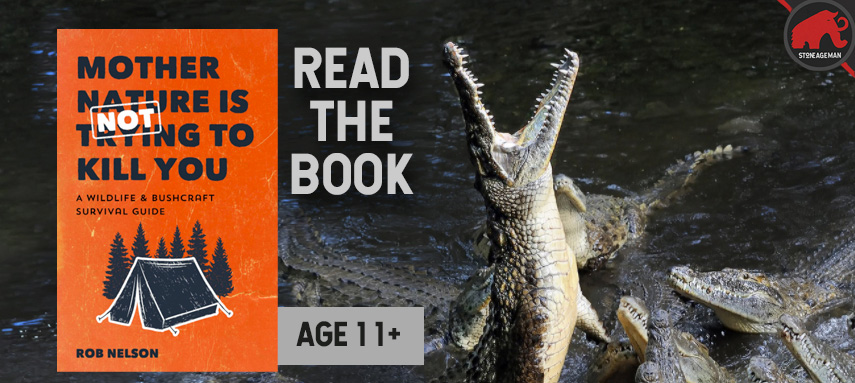How to Survive a Scorpion Sting

You’ve been stung. Now what? We’ll detail the science behind what you need to know to survive the sting of the scorpion…

Scorpions kill more people a year than almost every animal that we discuss on this site. In fact, if you exclude mosquitoes and pathogens spread by insects, scorpions are number one. On average 3,500 people a year die from their painful and deadly stings. But they’re not doing it because of some ill intent – animal behavior doesn’t work that way. They’re just being scorpions. Let’s get into it.
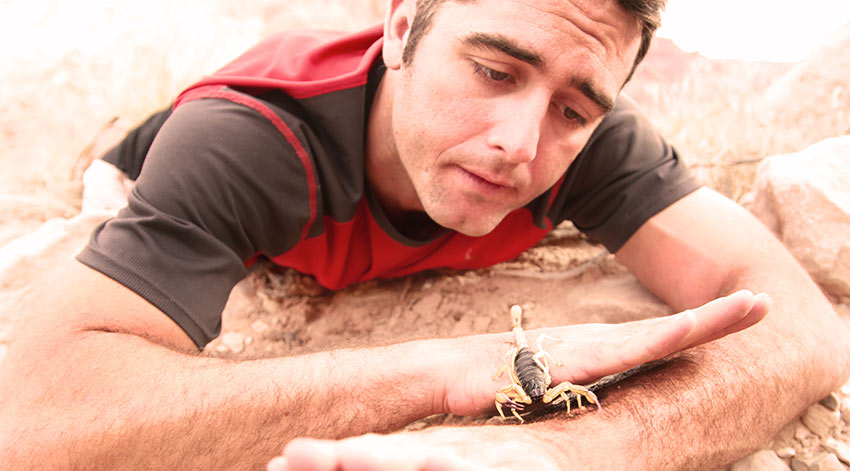
Scorpion Basics
Scorpions have intrigued us for millenia – and almost always in a way that creeps us out. They’ve made it into our myths and legends time and time again. In the Bible, they’re grouped together with snakes as a way to symbolize evil. In ancient Babylon, astronomers saw scorpions in the sky and Scorpio became one of the 12 zodiac signs. This was surely because scorpions are supreme arachnid hunters in the part of the world where many of these cultures originated.
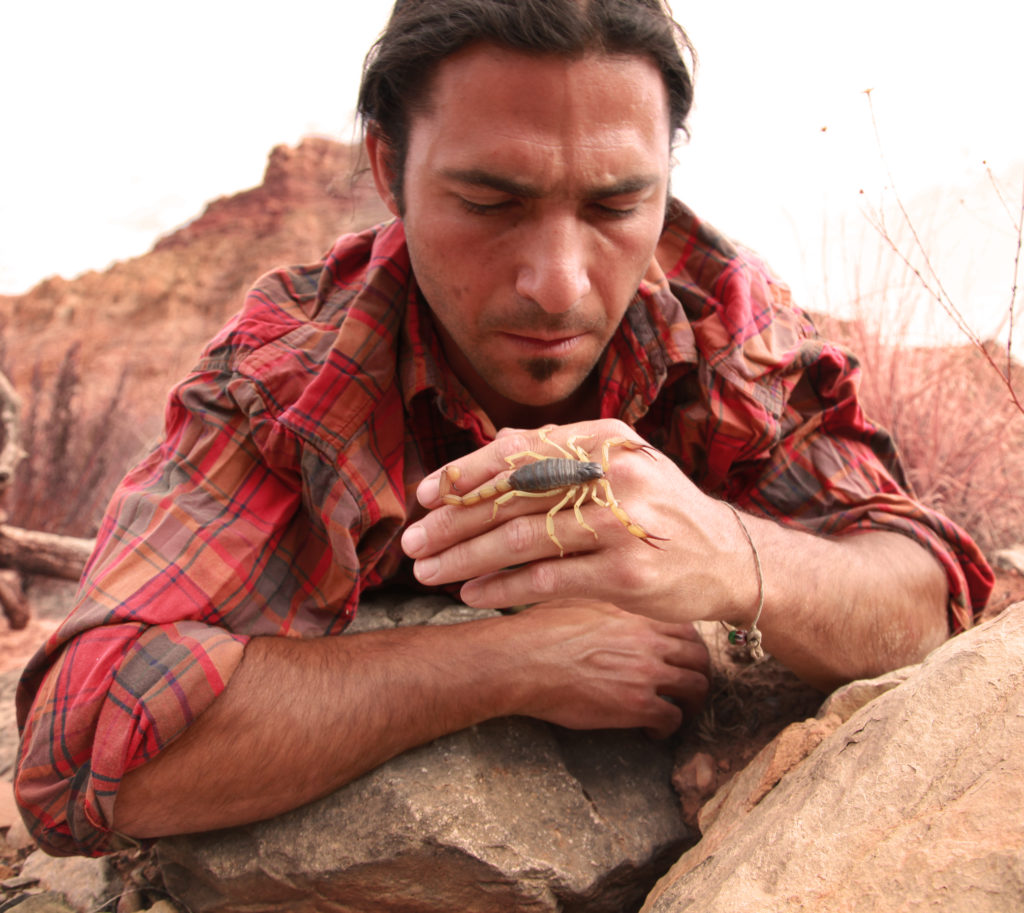
All scorpions are venomous, but generally they’re shy creatures and don’t intentionally harm humans. Most of the time they sting us because we’ve stepped on them or put a hand into a glove or shoe that they decided was a great resting spot.
If you find them out and about it will generally be at night. They’re nocturnal predators and use venom to kill their prey. They then use their digestive fluids to turn those prey items into a meal that can be easily consumed.
But of the 1400 species of scorpions, only about a dozen are potentially deadly to humans. Those most at risk of a deadly scorpion sting are pets, small children and those with preexisting health issues. The good news is that in almost all cases, an antivenom is available if you can get to the doctor quickly enough.
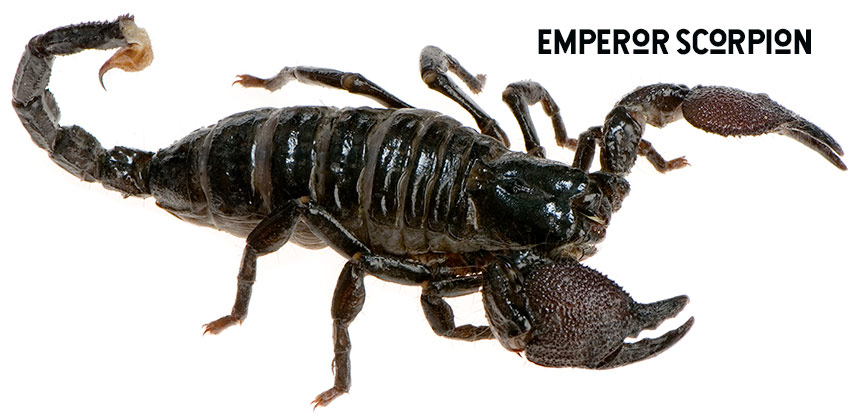
Scenarios to Avoid with Scorpions
- Don’t put on your shoes in the desert at night without checking them. A good way to do this is turn them upside down and bang out any insects. After that you just have to hope you’ve gotten them out.
- Babies and small children should be kept off the floor in regions with deadly scorpions. If you’re unsure if that’s your area, start by asking the locals. The hotter, drier parts of the world are the most full of scorpions.
- Seal the threshold under your door at night. This keeps them in their habitat and gives you peace of mind.
- Move cribs away from the wall and curtains. This is how scorpions usually get into baby beds.
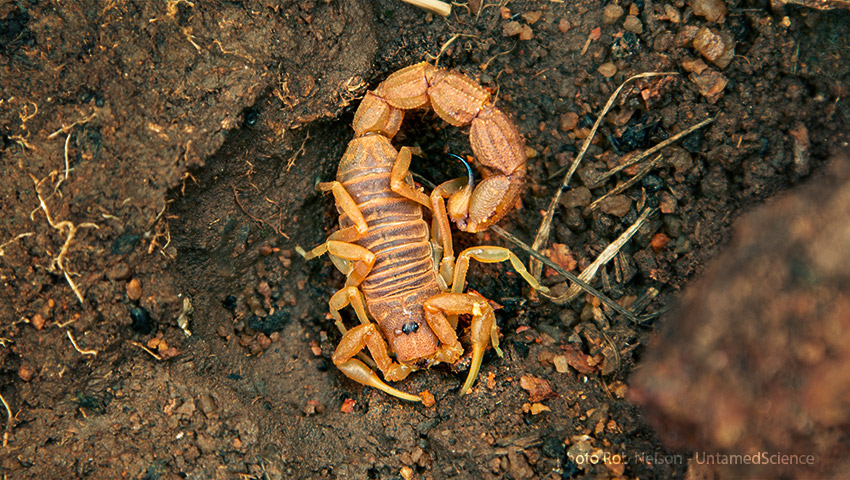
The Most Dangerous Scorpions
The most dangerous of all scorpions is the Indian Red Scorpion. It often takes shelter near people in rural India. The mechanism of the toxin is unclear, but it’s thought to act on the sodium channels that make nerves and muscles work. This can cause failure of the heart and respiratory paralysis.
The Arizona Bark Scorpion is the most venomous North American species. It emits a nerve toxin so toxic that it can quickly kill a baby.
Other Notable Dangerous Scorpions include:
- Death stalker scorpions
- Arabian fat-tailed scorpions
- Yellow fat-tailed scorpions
- Black spitting thick-tailed scorpions
How to Survive a Scorpion Sting?
You’ve been stung. Now what?
- If a baby is stung and starts screaming and crying inconsolably, get them to the doctor immediately. One of the tell-tale signs of the nerve toxin is that it will cause their eyes to roll in their head in an unnatural way.
- Since the venom can impede your ability to breath, much like a reaction to a bee sting, anaphylactic shock is a possibility. Put victims in a position to promote airflow – preferably on their side.
- Get rid of the scorpion so it doesn’t sting someone else.
- Heat can help relieve the pain, and ice cubes help to a lesser degree.
- Get medical attention immediately – antivenom is available for certain species like bark scorpions if you can get medical help quickly. If you get the antivenom within an hour or so, you are very likely to pull through.
Prefer to Listen?
If you enjoy listening to info about scorpions like this, I made an attempt to make this particular article accessible to you.

